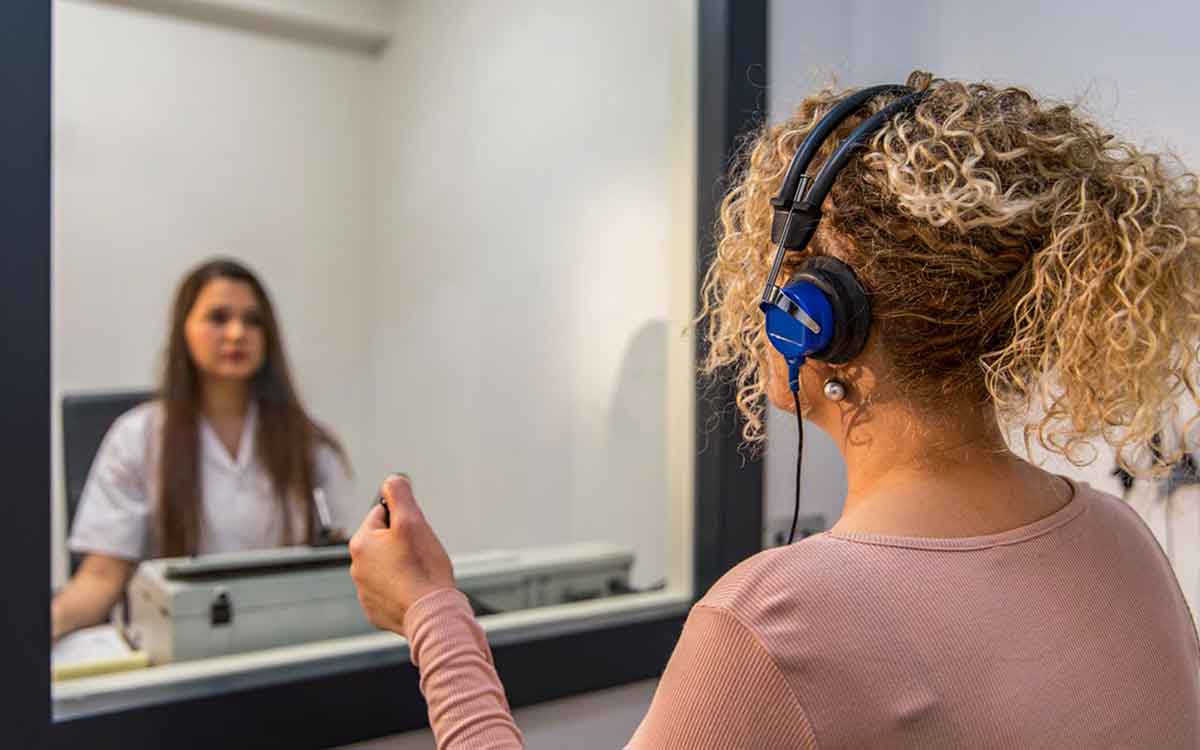
When should you get a hearing evaluation? Here are several indications you should get your hearing checked.
Recently, my children expressed displeasure with the high volume of the TV. Do you know what I said to them? I said, “What?!” It was amusing because it was a joke. But it also wasn’t. The volume of the TV has been escalating. And I began to think about whether I should set up a hearing exam.
There’s no good reason to avoid scheduling a hearing test. They aren’t invasive, there’s no radiation, and you don’t have to be concerned about discomfort. Simply take a quick moment to book an appointment.
Considering how much untreated hearing loss can affect your health, it’s important to be more vigilant about it.
You should have your hearing assessed if you detect these signs
If you’ve recently experienced any signs of hearing loss, it’s most likely a good plan to get a professional hearing assessment. Clearly, if things are hard to hear, that’s a fairly solid indication of hearing loss.
- Background noise can be overpowering: Have you ever strained to hear a conversation in a noisy or crowded setting, where the surrounding din makes it hard to hear every word? It’s possible that this might be an indication of impaired hearing.
- It sounds like everyone’s mumbling all the time: In some cases it’s not loss of volume you need to worry about, it’s a loss of clarity.
- You’re always overlooking text messages: Your phone is designed to be loud. So, if you’re always missing calls or text messages, it might be because you aren’t hearing them.
- Ringing that won’t go away: Ringing in your ears, also called tinnitus, is typically an indication of hearing damage.
Other signs you should make an appointment for a hearing test:
- Your ear hasn’t cleared after an infection
- You have an accumulation of earwax you can’t get rid of on your own
- Medicines you’re taking may be damaging your hearing
- It is hard to determine the source of sounds
- You’re experiencing balance problems
Routine hearing evaluations
Even if you aren’t experiencing any obvious symptoms, it’s still significant to schedule routine hearing tests.
- Get a baseline test done sometime after you turn 21.
- For people with normal hearing, it’s advised to have a hearing evaluation every three years.
- If you show signs of hearing loss, have it checked immediately and then every year after that.
Routine screenings might detect hearing loss early, before any symptom are evident. Early expert attention can dramatically increase your chances of preserving healthy hearing over time. This means you should probably turn your TV down and schedule a hearing test.
